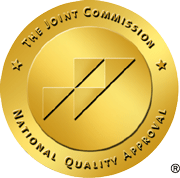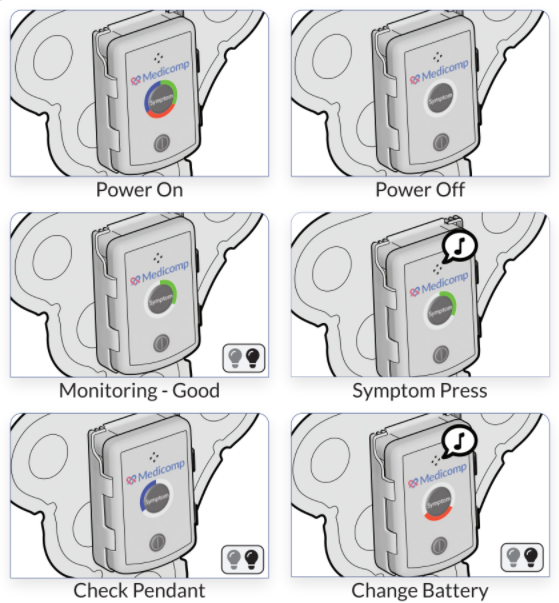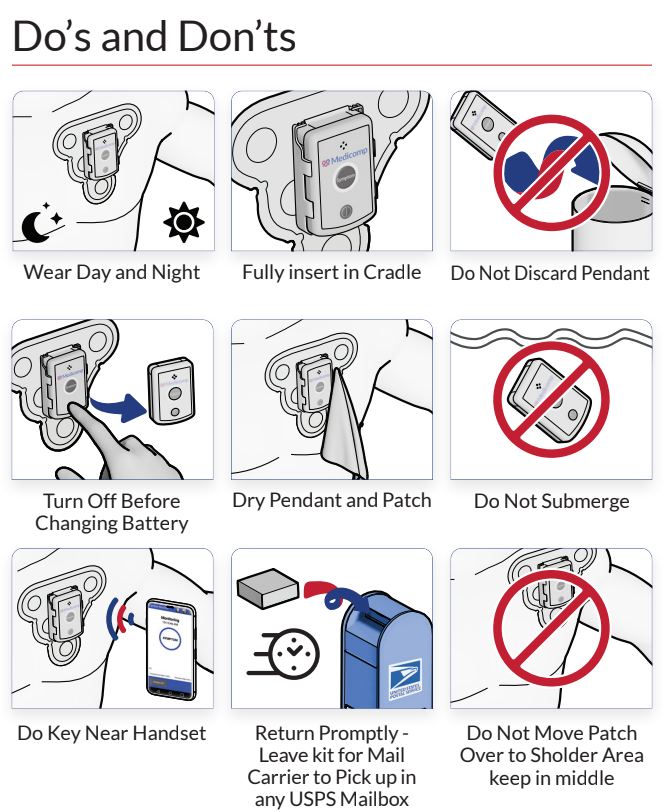Heart arrhythmias are identified by abnormal and irregular heartbeats that can lead to health complications including stroke and heart failure. Some patients may have no symptoms at all, although a doctor may identify an abnormal heartbeat during a routine examination. Symptoms occurring from an arrhythmia may or may not indicate a serious problem, but should still be monitored by a doctor. Cardiac monitoring can be used to help cardiologists diagnose arrhythmias and to determine the severity of the arrhythmia and what type of treatment is necessary, if any.
Although your risk of an arrhythmia increases with age, anyone can be susceptible to developing one. There are several medical conditions that can increase the likelihood of developing an arrhythmia:
• High blood pressure
• Diabetes
• Heart damage following a heart attack
• Liver disease
• Hyperthyroidism
• And other medical conditions
Lifestyle factors may also put you at risk for developing a heart arrhythmia that can lead to sudden cardiac arrest. The more risk factors your have the more likely it may be for you to develop an arrhythmia. Simply reducing or eliminating a few of these factors in your lifestyle can help reduce your risk:
• Smoking
• Alcohol
• Obesity
• Excessive intakes of Caffeine
• Illegal drugs including methamphetamine and cocaine
An arrhythmia does not have to produce any symptoms to be present, but if symptoms occur, they may include:
• Palpitations or the feeling of your heart skipping beats
• Lightheadedness or dizziness
• Shortness of breath
• Chest pain
• Sudden weakness
Treatment options vary depending on the severity, but can include medication, surgery and cardioversion or electric shock to your chest. Experiencing symptoms that might indicate an arrhythmia doesn’t mean that there is something wrong, but a doctor can help diagnose a potential arrhythmia with the help of cardiac monitoring. ReactDx specializes in cardiac monitoring services to help doctors receive the most accurate diagnoses. Learn more about our products and how they can help you, call us at 1-800-23-HEART.



